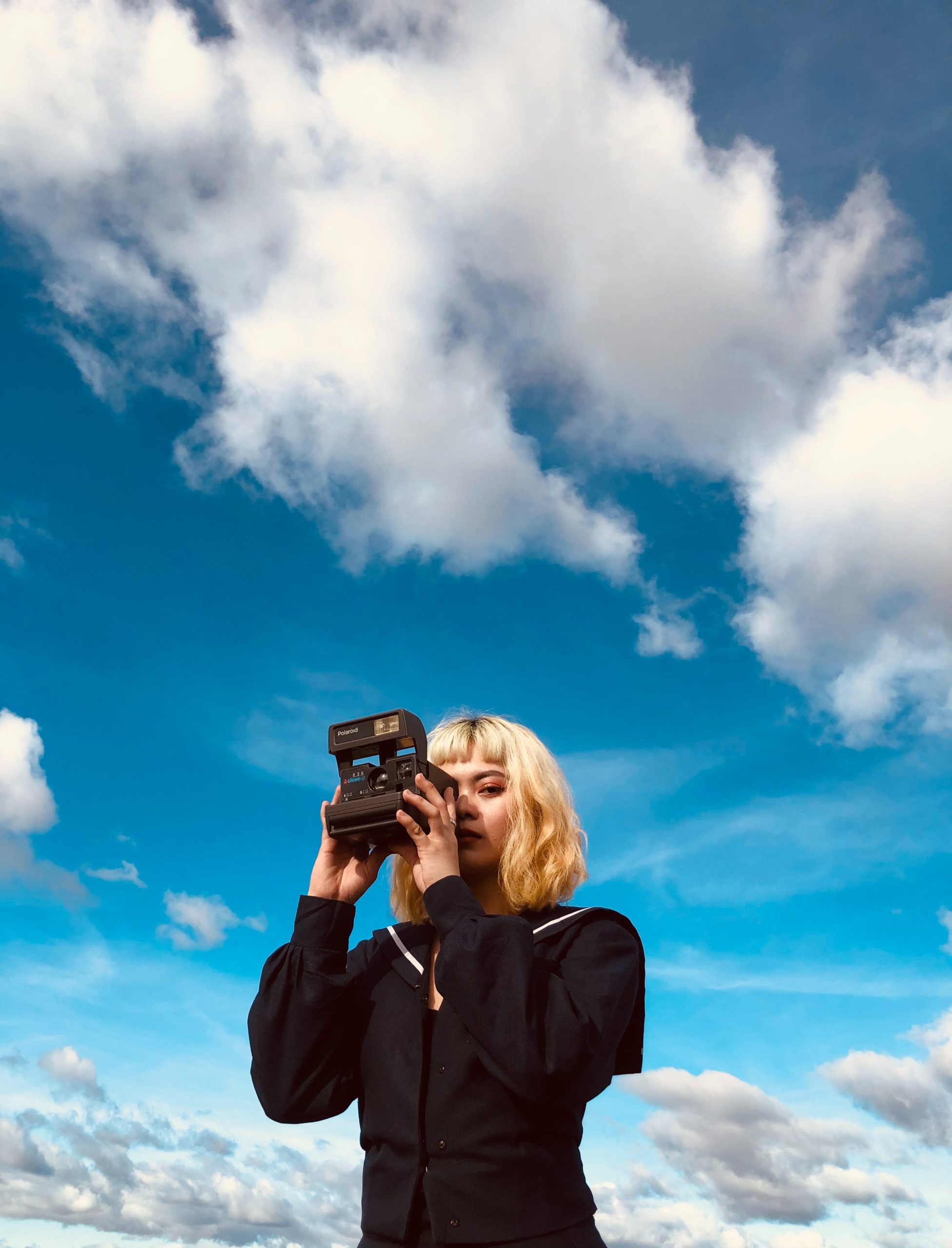
Understanding Photography Copyright Laws: A Guide to Legal Image Use
In the fast-paced digital age, images play a crucial role in online content creation. However, the use of copyrighted photos without proper permission can lead to significant legal consequences, potentially costing thousands of dollars. This article aims to provide a comprehensive guide to photography copyright laws, helping you navigate the complexities and avoid infringement pitfalls.
In the digital landscape, where visuals dominate, it’s essential to grasp the nuances of photo copyright laws. Ignorance can lead to inadvertent infringements, resulting in financial losses and legal battles. This guide sheds light on the intricacies of copyright protection and the importance of using images legally.
Table of Contents
ToggleWhat Is Copyright Infringement?
Definition and Implications
Copyright infringement occurs when someone uses a work protected under copyright law without permission. The implications of such actions can be severe, with potential legal consequences and financial penalties. Understanding what constitutes infringement is crucial for anyone using or sharing images.
Copyright Ownership Without Registration
Contrary to common belief, a photographer doesn’t need to register their work to gain ownership. However, there are exceptions, such as images created under a “made for hire” arrangement. Exploring these nuances is essential for individuals and businesses alike.
How Copyright Protection Works
Automatic Ownership for Photographers
Upon capturing an image, a photographer automatically becomes its legal owner. This inherent protection is granted without the need for formal registration. However, certain exceptions exist, emphasising the need to comprehend the legal landscape.
Exception: “Made for Hire” Arrangement
In cases where a photographer creates images for a commercial entity, the employer assumes ownership. Understanding these exceptions is vital to navigate the legal intricacies of copyright ownership.
Are You Using Copyrighted Images Without Permission?
Identifying Potential Copyright Infringement
Determining whether you’ve inadvertently used copyrighted materials can be challenging. This section provides insights into recognizing potential infringements and staying vigilant in image use.
Automatic Nature of Photography Copyright
As soon as an image is created, its creator holds copyright. No formal registration is required, making it imperative to respect the intellectual property rights of photographers.
Registering Copyright for Photography
Importance and Benefits of Copyright Registration
While not mandatory, registering your photography offers additional benefits. This section explores the advantages, such as public record of ownership and the ability to seek damages for infringement.
Online Resources for Copyright Registration
Navigating the process of copyright registration is made easier with online resources. For instance, in the US, copyright.gov provides a platform for both registration and record searches.
Copyright Laws in Different Jurisdictions
Variations in Copyright Laws Globally
Understanding the global landscape of copyright laws is essential for individuals and businesses operating internationally. This section explores the variations and highlights key considerations.
Berne Convention and Its Impact on Copyright
The Berne Convention establishes international standards for copyright protection. Exploring its provisions and implications helps in navigating cross-border legalities.
Notice of Copyright
Advisability of Providing Notice
While not necessary, displaying a notice of copyright can act as a deterrent against unauthorised use. This section delves into the advantages of providing notice for added protection.
Deterrence of Unauthorised Use
A visible notice can discourage individuals or entities from reproducing, distributing, or displaying your work without permission. Understanding the potential impact is crucial for protecting your creative endeavours.
Benefits of Registering Copyright for Photography
Public Record of Ownership
Copyright registration places your ownership on a public directory, providing transparency and evidence of your creative rights.
Seeking Damages for Copyright Infringement
Registered copyright makes it easier to seek damages in case of unauthorised use, acting as a deterrent against infringement.
Online Protection for Intellectual Property
In an era where intellectual property is easily accessible online, copyright registration safeguards your work from misuse. Understanding the benefits is essential for creators in the digital realm.
Protecting Your Work Online
The Ease of Finding Images Online
Despite the abundance of online images, it’s crucial to exercise caution and seek permission before using someone else’s work. This section emphasises the importance of responsible image sourcing.
Professionalism in Blogging and Photography Rules
For those whose livelihoods depend on photography, understanding and adhering to copyright laws is paramount. This section explores the intersection of blogging, professionalism, and legal considerations.
Online Copyright Law Awareness
Potential Consequences of Copyright Infringement
The ramifications of copyright infringement can extend beyond legal consequences to financial losses and damage to reputation. This section highlights the potential risks involved.
Lawsuits and Financial Risks
With fines reaching up to $250,000 per image, the financial risks of copyright infringement are substantial. A proactive approach to copyright compliance is essential for content creators.
Photography Copyright Laws: A Necessity
The Rationale Behind Copyright Laws
Copyright laws exist to protect the time, effort, and financial investment photographers put into creating compelling images. Respecting these laws is fundamental to fostering a creative and fair online environment.
Respecting Photographers’ Creative Efforts
Understanding and acknowledging the creative efforts of photographers contribute to a culture of respect within the online community. This section explores the reciprocity between content creators and users.
Pikwizard: Your Gateway to a Vast Collection of Stunning, Royalty-Free Images for Creative Endeavours
In the fast-paced digital age, where visuals play a crucial role in online content creation, having access to high-quality, royalty-free images is paramount. Pikwizard stands out as your gateway to an extensive collection of stunning visuals that can elevate your creative endeavours without the worry of copyright issues. As we navigate the complexities of photography copyright laws, remember that Pikwizard offers a solution for those seeking captivating images for various projects, ensuring a seamless blend of creativity and legal compliance.
Conclusion
In conclusion, navigating the landscape of photography copyright laws is essential for individuals and businesses alike. By understanding the nuances of copyright protection, creators can safeguard their work and contribute to a culture of respect and professionalism in the digital realm.
FAQs
Do I need to register my photography to own the copyright?
No, registration is not mandatory, but it provides additional benefits such as a public record of ownership.
Can I use copyrighted images with a watermark without legal consequences?
While a watermark serves as a reminder of copyright, it doesn’t provide greater legal protection. Respect copyright laws even when images are watermarked.
Is it possible to pursue an infringement case without registering my photography beforehand?
Yes, you can pursue a case after infringement, but registering early offers better protection.
What are the limits of copyright ownership over photography?
Copyright ownership comes with limitations, and understanding them is crucial for legal and ethical use of images.
Can someone use my photography without permission for educational purposes?
Yes, certain uses, such as reporting and educational purposes, are permitted as “fair use,” but it’s essential to understand the context.
Ensure to check and comply with the latest copyright laws in your jurisdiction and seek legal advice if needed. Respecting the rights of photographers not only keeps you on the right side of the law but also contributes to a more ethical and professional online environment.
